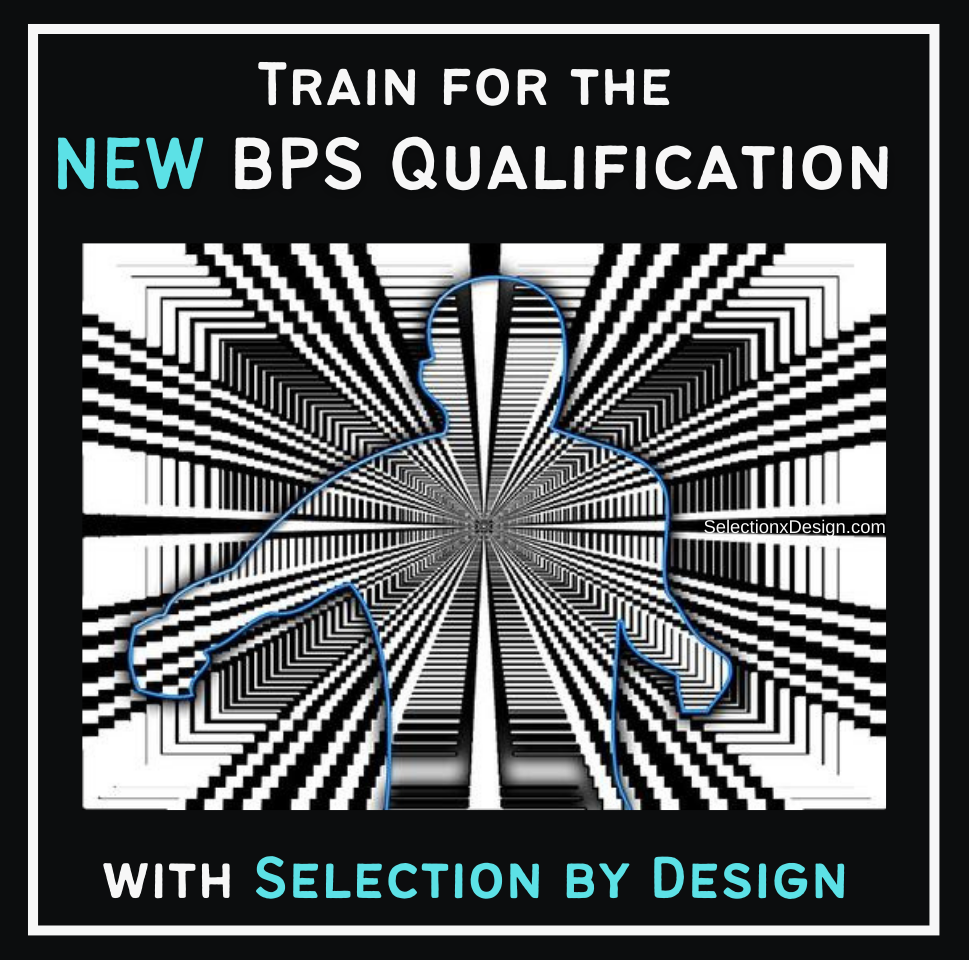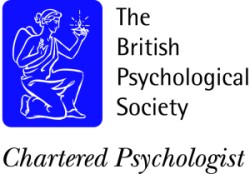Forensic Test User Training with Selection by Design
Selection by Design is delighted to now offer training for the new BPS qualification of Test User: Forensic Contexts. This qualification was developed by the BPS to provide public recognition of professionalism in psychometric testing and assessment in forensic settings.
Applications range widely. Examples include:
- Assessment of risk for violence within prison facilities
- Advising on likelihood of re-offending
- Evaluating mental ability or competence
- Identifying personality disorders or psychopathy among persons progressing through the court system.
Who is SxD’s Forensic Test User training for?
The Forensic Test User (FTU) qualification is directly linked to forensic psychology, but it’s useful to anyone working within a profession relevant to understanding individual assessment, or testing and evaluation for legal decision-making. Examples include police officers, lawyers and solicitors, prison guards, or counsellors and probation officers.
The FTU qualification is popular among students in forensic and clinical psychology who seek a distinguishing CV addition as evidence of professional skills. There are no formal pre-requisites to undertake SxD’s FTU training, making the course accessible to persons from different backgrounds and occupations.
What kinds of tests are covered during SxD’s Forensic Test User training?
The BPS Forensic Test User qualification is not linked to using any one specific instrument. Instead, the purpose is to provide evidence of an encompassing knowledge and skill base for forensic assessments. Within your training, we’ll examine measures of mental ability, psychopathy and risk assessment.
A broad understanding of the assessment process is essential for a practitioner. Forensic evaluations typically combine data from a variety of methods. Examples include interviews, behavioural observation, historical and case study accounts, tests, and specific assessment techniques. Psychometric tests play a key role, offering a potential contribution of scientifically focused, standardised, reliable and valid measurement.
Understanding the Psychometrics of Forensic Testing
Knowing how to evaluate psychometric qualities and determine whether a particular measure is well suited to the purpose at hand is essential in forensic contexts. Decisions have implications for the individual being examined as well as surrounding others and the wider community.
The forensic testing practitioner working within the legal system may be called on to explain their choice of test. Proficiency in examining psychometric test qualities is essential, with applied professional skills in choosing and using tests. Learning to compare and evaluate forensic measures is a key component of our training. Specifically, this course focuses on how to determine consistency and accuracy in measurement (reliability and validity). We examine scoring for unusual population groups, and consider issues of standardised scoring with normed comparison groups versus individually interpreted assessment.
Today tests that are used as part of forensic evaluation include measures specifically developed for forensic applications, as well as clinical assessments and general tests of intelligence, personality, and well-being. With so many kinds of tests available, it’s crucial for practitioners to understand how to evaluate and compare the psychometric properties of different measures. Psychometric expertise forms the basis for a professional, useful and legally defensible assessment.
Unique Considerations for Administering and Interpreting Forensic Test Results
Faking
Due to the high-stakes nature of forensic assessment, careful administration and accurate interpretation of data is essential. As pointed out by El-Shawney (2017), most individuals undergoing forensic assessment may be motivated to make a particular impression or be viewed in a specific way during psychological evaluation. During training, we consider how to address the issue of faking as part of both test administration and data interpretation.
Assistant Test User: Forensic Test Administration
SxD’s Forensic Test User course includes training for the second qualification of Assistant Test User: Forensic Test Administration. You will gain a clear understanding of the unique processes and considerations that arise when administering forensic assessments. This includes particular issues of security and confidentiality that arise with forensic populations. While practical constraints may restrict access to test results, best practice warrants protecting individual rights to data protection.
Underpinning Theory and Topic Focus
A strong understanding of underlying theory forms the basis for effectively developing your skills as a practitioner in forensic assessment. SxD’s training provides it, including evidence and examples for assessing intelligence, personality disorder, psychopathy and mental health. Particular attention is given to risk assessment and its potential links to psychopathy. We’ll cover different approaches to determining risk such as clinical, actuarial, and structured professional judgement.
Interpreting Forensic Results and Preparing Feedback
The culmination of your training includes the opportunity to prepare and practice providing assessment results. The ability to explain your choice of test or assessment method, to interpret and communicate scores, and to make predictions based on results are key aspects of professional forensic assessment. Course participants use their theoretical understanding, psychometric knowledge and evaluative skills in practice. Each trainee receives solid feedback and practical guidance designed to maximize proficiency and ensure competence.
How Do I Sign Up for Forensic Test User Training?
Our Forensic Test User Training Courses are filling fast. Register on our website here to reserve your place, or contact us for more information. We’re happy to answer any questions about this new qualification or our training!
References
British Psychological Society Psychological Testing Center (2017). Psychological testing: A test user’s guide.
El-Shenawy, O. E. (2017). Traditional psychological tests usage in forensic assessment. Journal of Forensic Legal and Investigative Sciences, 3(1), 2-5



